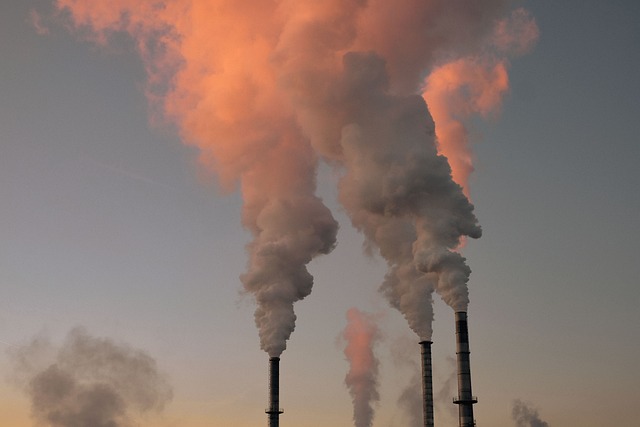Unveiling the Silent Threat: Smog’s Impact on Deforestation and Climate Change
In recent years, the world has witnessed an alarming rise in smog levels, a silent but deadly threat that contributes significantly to environmental degradation. While many people associate smog primarily with urban pollution, its implications extend far beyond city limits, profoundly affecting ecosystems, particularly forests, which play a crucial role in combating climate change.
Smog, a combination of smoke and fog, is primarily caused by pollutants emitted from vehicles, factories, and agricultural practices. This toxic haze does not just linger in our cities; it drifts into rural areas, compromising the health of trees and plants important for maintaining ecological balance. The effects of smog on deforestation are insidious yet profound, limiting the growth potential of vital carbon-sinking forests.
As smog blankets forests, trees struggle to photosynthesize effectively. The reduction in sunlight penetration due to particulate matter hampers the natural growth process, ultimately impacting entire ecosystems. Healthy forests are essential for capturing and storing carbon dioxide, a greenhouse gas that exacerbates climate change. When smog inhibits forest growth, it inadvertently accelerates the very problem we aim to combat.
The connection between smog and climate change goes even deeper. Trees play a critical role in regulating temperatures and weather patterns. Deforestation triggered by smog and related pollution contributes to rising global temperatures, creating a vicious cycle. As temperatures increase, smog formation becomes more prevalent, further harming the flora and fauna that sustain our planet.
Additionally, the loss of trees from deforestation caused by smog has severe ramifications for biodiversity. Species that rely on trees for food and habitat face dire consequences as their environments become compromised. The toll on wildlife is not just a statistic; it reflects the loss of intricate relationships within ecosystems that have developed over millennia.
Addressing the issue of smog requires a collective response. Governments, industries, and individuals must take action to reduce emissions, promote sustainable practices, and restore damaged ecosystems. Urban areas must prioritize clean transportation options and invest in renewable energy sources to reduce the smog footprint. Meanwhile, protecting and expanding forested areas should be a global priority, combining efforts to combat deforestation while also enhancing carbon sequestration capabilities.
Raising awareness about the relationship between smog, deforestation, and climate change is crucial. Citizens must advocate for policies promoting clean air and robust environmental protections. The path forward hinges not only on innovative technologies but also on a cultural shift towards prioritizing the health of our planet and fostering a deep understanding of how interconnected our actions truly are.
As we progress into an era increasingly defined by climate challenges, recognizing the silent threats like smog is essential for forging sustainable solutions. By addressing this issue, we can ensure a healthier planet, where forests flourish, ecosystems thrive, and future generations inherit an environment that nurtures life.




